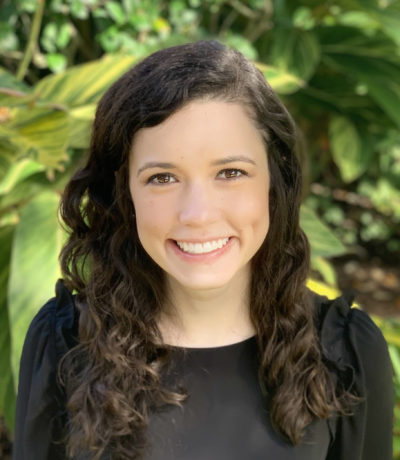Staff Psychologist
Eating Disorders Center
BIOGRAPHY
Dr. Nicole Della Longa is a staff psychologist who enjoys working with children, adolescents, and adults in the Eating Disorders Center at EBTCS.
Dr. Della Longa has specialized training in evidence-based treatments for eating disorders. She also has received training in the treatment of anxiety disorders, mood disorders, and emotion dysregulation.
Dr. Della Longa received a bachelor’s degree in psychology from Texas A&M University. She completed her graduate training at the University of North Dakota, where she earned a master’s degree in psychology and a doctoral degree in clinical psychology. Her graduate research centered on the etiology and emotional presentation of eating disorder symptomatology.
Dr. Della Longa completed her predoctoral internship at West Virginia University School of Medicine – Charleston Division, Department of Behavioral Medicine & Psychiatry. As an intern, she provided treatment and conducted research in the Disordered Eating Center of Charleston. She also worked as a clinician in the Dialectical Behavior Therapy Services Program.
Dr. Della Longa completed a postdoctoral fellowship at the Center for the Treatment of Eating Disorders within Children’s Hospitals and Clinics of Minnesota. During her fellowship, she received training in the inpatient and outpatient care of children, adolescents, and young adults with eating disorders. Additionally, she collaborated on research studies examining the outcomes of eating disorder treatments.
Dr. Della Longa is a member of the Academy for Eating Disorders (AED). She is a licensed psychologist in the state of Washington.
SELECT PUBLICATIONS
Della Longa, N. M., & De Young, K. P. (2018). Experiential avoidance, eating expectancies, and binge eating: A preliminary test of an adaption of the Acquired Preparedness model of eating disorder risk. Appetite, 120, 423-430. doi:10.1016/j.appet.2017.09.022
De Young, K. P., Zander, M., Towne, T., Della Longa, N. M., Hovrud, L., & Murtha-Berg, E. (2017). The relation of dietary restraint and affect with food choice and the experience of guilt after eating. Current Psychology, 122, 1-8. doi:10.1007/s12144-017-9592-x


